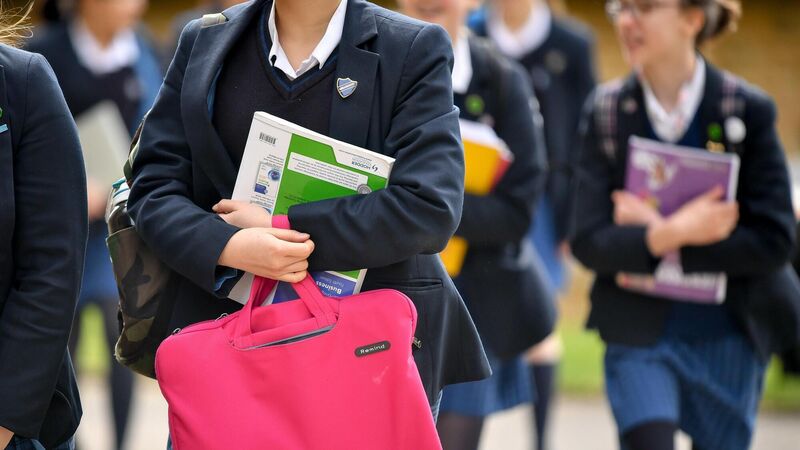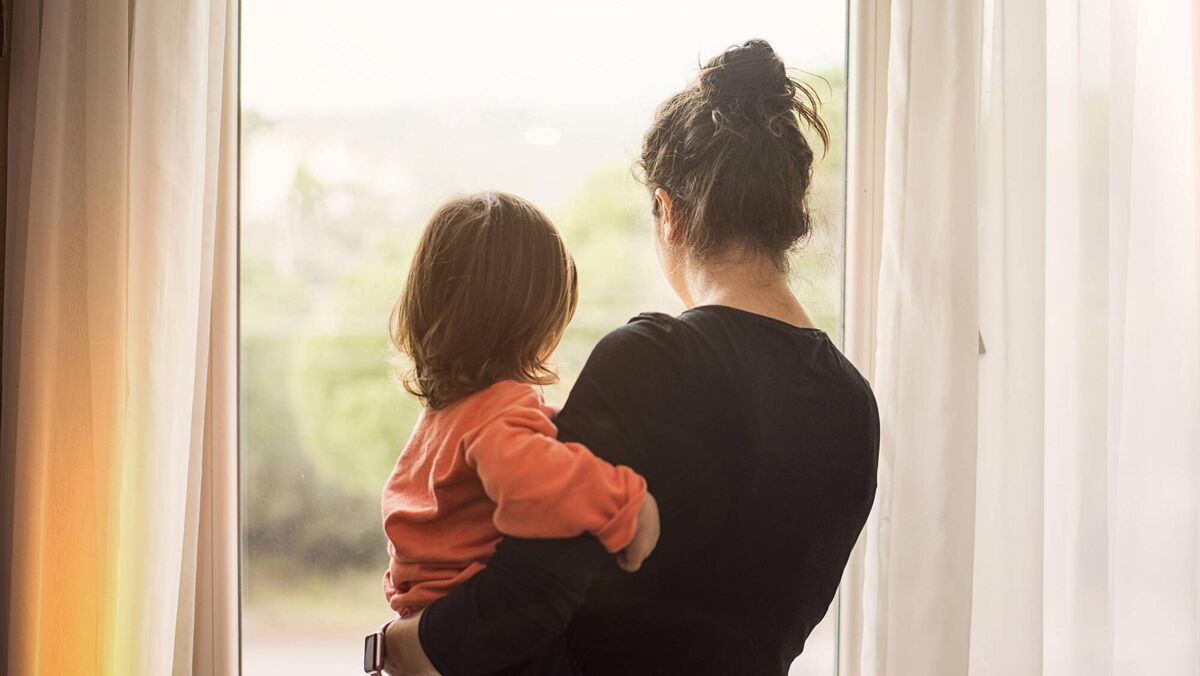Tanya Ward: Homeless and refugee children left behind by broken promises from Government

The last government went a step further to target supports at the children hardest to reach in society, launching the new 'Equal Start' model.
There are over 1m children and young people in Ireland. They can’t vote, but they still have to rely on our political leaders to put them first.
At the start of every new government, we see a new set of promises made to children and young people.
Some promises are kept. In fact, some politicians go over and above to deliver.
However, shamefully, year after year, we have seen poor political decisions resulting in poor outcomes for children — particularly on housing, in mental health, and for refugees. This is despite the fact that Ireland is one of the world’s most affluent countries.
For 17 years, the Children’s Rights Alliance’s report card has been grading the annual performance by government, assessing the progress made against these promises to children and young people.
is the final report card under Fianna Fáil, Fine Gael, and the Green Party’s joint programme for government.
Over the course of the programme for government, we have seen huge strides of progress — particularly in the delivery of universal measures.
Just shy of 1m children will now receive free school books (free school books: A+ grade). This provision has immediately put money back in the pockets of families at back to school time.
Over 250,000 will be guaranteed a hot meal in their school setting (food poverty: B grade). For some children, this may be the only hot meal they get in the day.
Similarly, the sustained investment in the Reform of Early Childhood Education and Care System earned the government a B+ grade for 2024.
It is the single most effective action a government can take to the cycle of poverty. The last Government went a step further to target supports at the children hardest to reach in society, launching the new model. However, there needs to be a significant budget boost to get the programme up and running without delay.
Elsewhere, over the last five years we have also seen how broken promises are leaving the same groups of children and young people behind.

In this time we have seen housing and health crises spiral.
The current number of children homeless in Ireland is 4,510 — the highest level since data collection began.
Growing pressures on mental health services has resulted in 3,830 children left on waiting lists just for their first appointment with the Child and Adolescent Mental Health Services (Camhs) — an increase from 2,755 in 2020.
Meanwhile, when it comes to its commitment to ending direct provision, the government has received the sharpest decline in its grades — from a C+ to an E over the lifetime of the Government.
In 2024, the conditions of emergency settings and in permanent international protection accommodation services centres rapidly deteriorated.
There was a deliberate shift away from the recommended "own door" accommodation that would give families basic privacy and dignity in their day to day lives. Instead, we see more institutional settings.
At the end of last year, 6,894 children were living in emergency-style accommodation that does not comply with the government’s own national standards that are designed to protect children’s rights.
What frustrates me further is the lack of action implementing measures that would have an immediate impact on the lives of these children, even when it is in the government’s power to do so.
In the last two budget cycles, money has been allocated to deliver a child benefit-like payment for children in direct provision that could at least provide them with some relief day to day as they battle the same rising cost-of-living pressures as everyone else.
And yet, this was not implemented in the lifetime of this government — with no real reason given as to why it has not happened.

The poor performance in implementation is a common theme in other areas of the report.
When it comes to protecting children’s rights in the online world, the performance of the government has fallen from the A grade of last year to a B- grade.
Despite monumental progress in recent years, implementation in 2024 has fallen far short of what is required to ensure the robust protection of our young people online.
While a new online safety code was presented as an opportunity to hold platforms accountable for harms on their watch, it is disappointingly weak. As it stands, the code leaves the platforms with too much scope to decide their own rules of operation.
This may be the final report in the now complete programme for government but, with the same two parties in the driving seat for the next five years, it should be considered as a roadmap in order to deliver the outcomes that our children and young people truly deserve.
- Tanya Ward is the CEO of Children's Rights Alliance.















